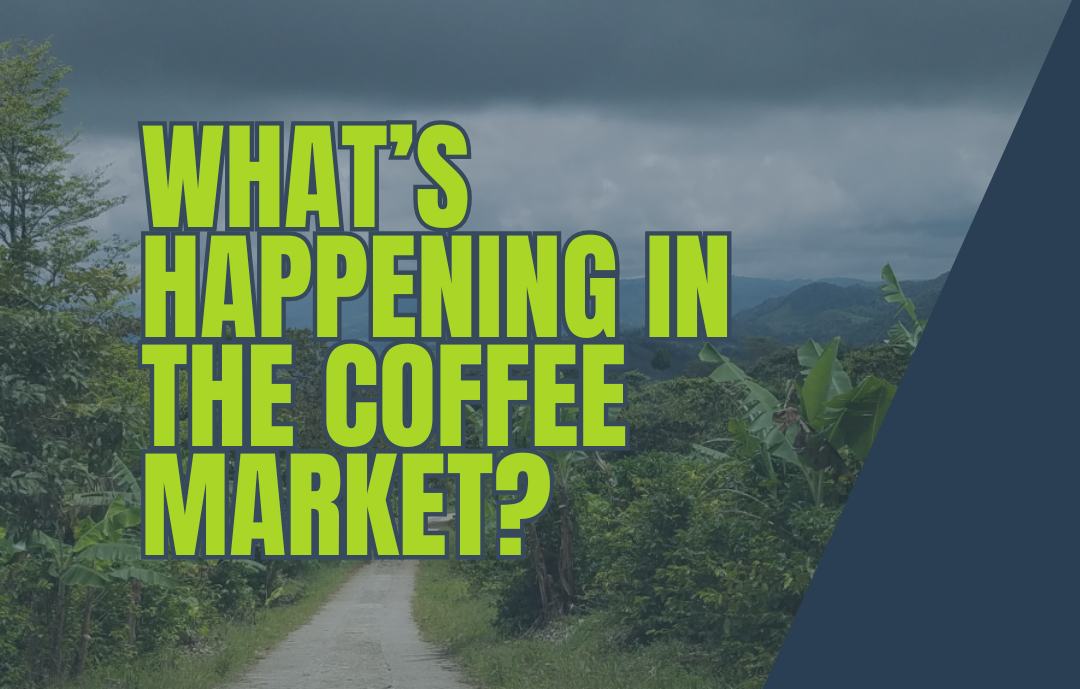The global coffee industry faces a critical juncture. While coffee consumption continues to rise,
concerns about the environmental impact of traditional farming practices have reached a boiling point.
Deforestation, a major consequence of large-scale agriculture, is a significant threat to rainforests and
biodiversity.
In response, The European Union (EU) has implemented the EU Regulation on Deforestation-free
products (EUDR), targeting seven key commodities, including coffee, to ensure they don’t contribute
to forest loss. Effective December 2024, the EUDR requires coffee entering the EU market to
originate from deforestation-free supply chains. By this deadline, any goods not meeting the EUDR’s
deforestation-free standards will be banned from EU trade. It’s a significant shift for the coffee
industry, but one that paves the way for a more sustainable future for both coffee and our planet.
While the EUDR is a positive step for sustainability, some coffee industry players are concerned about
meeting its demands quickly. To ease this transition, the EU is considering delaying a risk
classification system for coffee-exporting countries. This would give producers and traders more time
to adapt their practices and comply with the EUDR’s deforestation-free requirements.
The EUDR’s Focus
A critical aspect of the EUDR is its emphasis on transparency within the coffee supply chain.
Traditionally, information about a coffee bean’s origin and its environmental impact has been unclear,
but this allows coffee suppliers to track deforestation practices at farms and inform roasters (their
customers) about the coffee’s sustainability. This ideally creates a clear path of information from farm
to consumer, fostering a more environmentally-friendly coffee industry.
To achieve this transparency, the EUDR mandates traceability. Coffee suppliers must pinpoint the
location of their coffee farms. The level of detail required depends on farm size; Larger farms need
precise polygon mapping, like drawing a detailed shape on a map that outlines the entire farm’s
boundary. This ensures clear identification of the land used for coffee production. For smaller farms,
simpler single coordinates (latitude and longitude) are sufficient to pinpoint their location.
Technology plays a vital role in achieving transparency. Non-profit organizations like TechnoServe,
with their EU-backed app, are streamlining traceability. This free app uses EU satellites to pinpoint
coffee farms in specific countries, providing details like farmer names, villages, and sales dates.
Currently in beta testing, this app aims for global availability by 2025.
Challenges and Opportunities for Coffee Producers
Despite the EUDR’s positive environmental impact, it presents hurdles for coffee producers,
especially small farms. Proving deforestation-free practices may be expensive, requiring specialized
photos or satellite data. Additionally, the complex supply chain with numerous middlemen makes
tracing beans from farm to cup difficult under the EUDR’s stringent standards. Furthermore, a
“high-risk” label could potentially stigmatise entire regions, hindering their access to the EU market.
However, the EU acknowledges these concerns and seeks to balance environmental goals with fair
trade. To ease the burden, they are considering a tiered system that focuses stricter checks on countries
deemed higher-risk for deforestation.
The EUDR represents a turning point for the coffee industry. Beyond mere compliance, it presents an
opportunity to transform coffee trade. The ultimate goal is to cultivate a resilient coffee market that
values both the quality of its products and the ethical considerations of its production methods. This
shift is not just about regulations, it’s about building a legacy of responsible coffee production for
generations to come.








